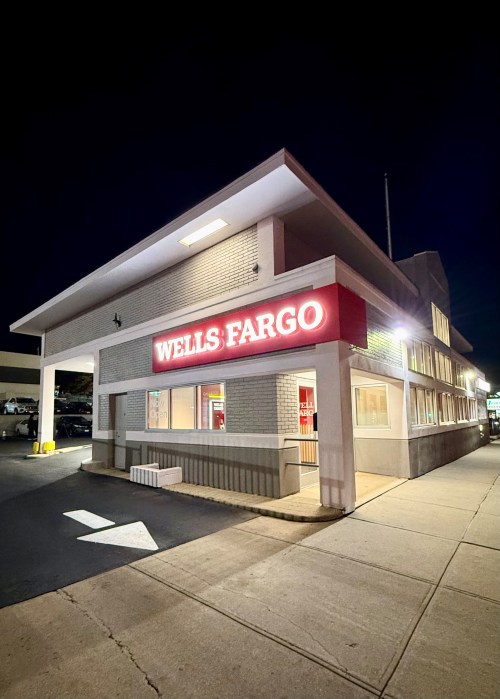
Since she was a young teenager in the city’s foster care system, Mariah Lopez said she has encountered endless discrimination and abuse for being a black, Latina transgender woman.
Now the 34-year-old executive director of the advocacy group Strategic Trans Alliance for Radical Reform said she is on a mission to help transgender New Yorkers of color escape that same reality.
“If you’re of color and you’re queer, it’s worse,” said Lopez, a Brooklyn resident who said she has received little to no help in dealing with decades of harassment and violence.
“People said we don’t care that you got beat up, that your face is cut, that you have a permanent scar, that someone is looking for you and ready to kill you,” she said.
Amid the celebrations of 50 years of progress since the Stonewall uprising, Lopez and others who work with the LGBT community said many transgender individuals feel left behind.
Chinyere Ezie, a staff attorney at the Center for Constitutional Rights, said transgender people of color, particularly women, are not treated equally to their LGBTQ counterparts. They face higher rates of discrimination, homelessness, criminalization and violence, she said.
“We’re celebrating Stonewall at 50 without recognizing that the community that stood at the front lines remains in peril,” said Ezie, an advocate and legal representative for transgender people of color. “It really shows that we’re not seeing the whole picture when it comes to where the LGBTQ movement stands and the work that remains.”
Ezie blamed this situation on a “toxic cocktail” of homophobia, transphobia, misogyny, and racism in general.

In 2019, at least 10 transgender women of color have been killed nationwide, which is part of a rising trend, according to the National Coalition of Anti-Violence Programs.
The 2015 U.S. Transgender Survey of almost 28,000 transgender people found that 2% of respondents had been incarcerated, double the rate for the general population, and that 47% of black respondents had been incarcerated.
Many of those who are incarcerated experience physical and sexual abuse said Ezie, noting many transgender people are imprisoned for misdemeanor charges.
Such was the case with Layleen Polanco, a 27-year-old Afro-Latina transgender woman who died in solitary confinement at Rikers Island on June 7. She was arrested on misdemeanor assault charges in April and was sent to Rikers after she could not afford her $500 bail.
“There really is an overrepresentation of transgender people in the criminal justice system,” Ezie said.
While there is no New York City specific data on transgender people of color facing harassment and violence, nearly half of the people who responded to the U.S. Transgender Survey said they had been harassed, attacked, or assaulted for being transgender. People of color were the most affected.
A 32-year-old transgender woman from Manhattan, identified as “Lisa,” said she was regularly harassed during her transition 14 years ago.
“With New York as liberal as we think we are, it was quite difficult,” she said. “I was spat on at 14th Street once in a Whole Foods in Union Square. That’s the nature of what it was and what it very well might be for those who are perceived differently than who they are.”
Discrimination against Lisa has dwindled since then, as she believes she now better “passes” as female to others. Yet Lisa is still frightened by the high rates of violence and abuse against the transgender community, as well as the discrimination felt from and within the LGBTQ community.

“A lot of trans people of color I’ve spoken to, including myself, often feel the most discriminated against in queer spaces,” Lisa said. “There’s the assumption that because we’re all queer we get it, but within being queer there are different levels of privilege that people don’t always acknowledge.”
Three prominent transgender Stonewall figures — Marsha P. Johnson, Sylvia Rivera, and Miss Major Griffin-Gracy — ignited much of the conversation about LGBTQ rights, but Lisa said their contributions are not properly acknowledged.
To prevent this, Lopez is working to secure more inclusive Pride Month activities, including extending the month to honor the life of Johnson, who was found dead in the Hudson River in July 1992.
But the real solution, Ezie said, is for people to spend more time learning LGBTQ history from those who are still struggling for equality.
“It’s important to remember that the first Pride was a riot, to think of who put their bodies on the line, and to think of whose battles have not yet been won,” Ezie said. “Make sure we’re paying it forward by supporting the folks of the margins, particularly queer and trans people of color.”





























